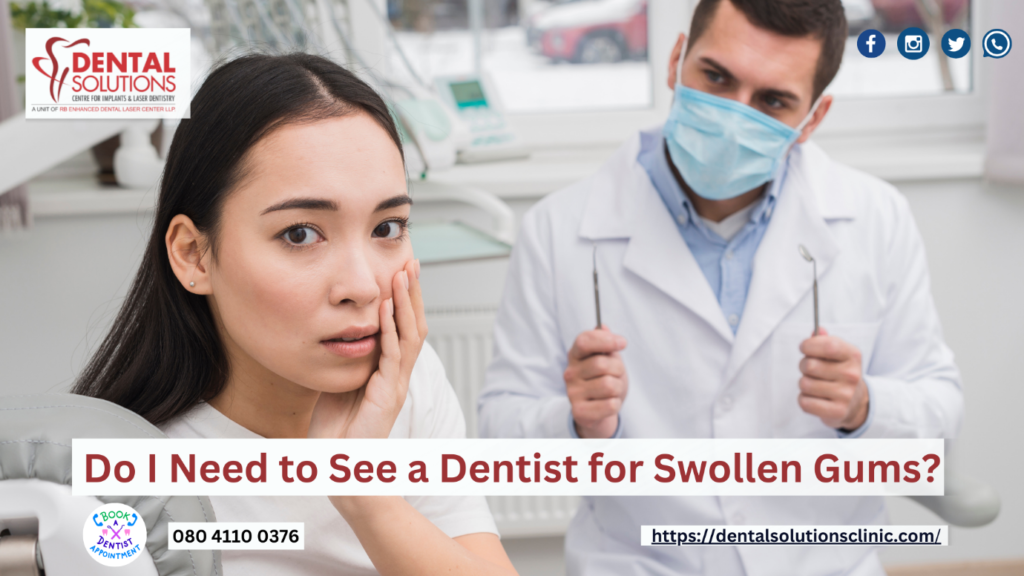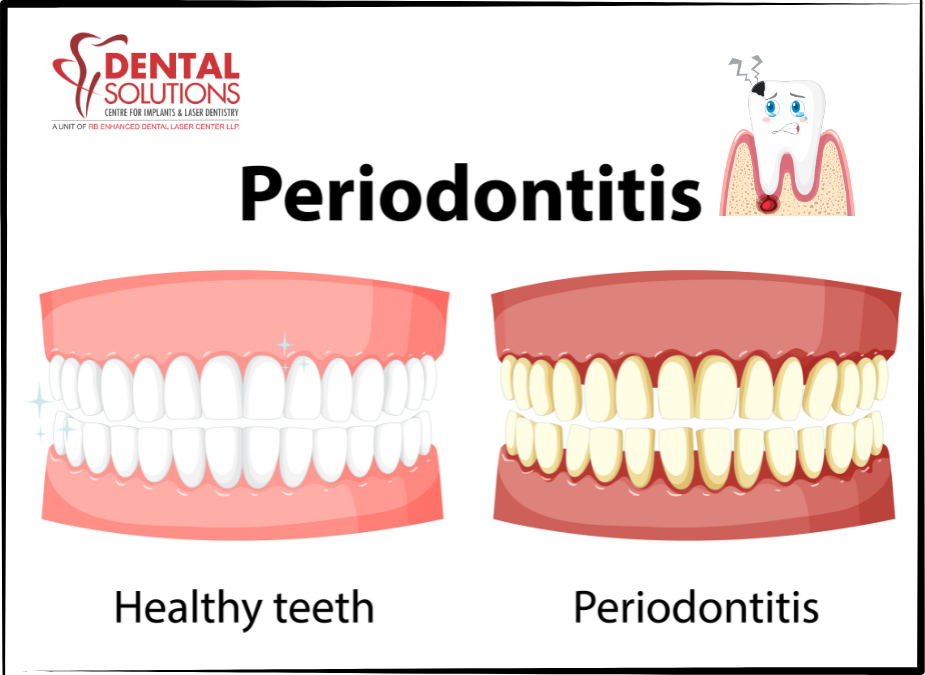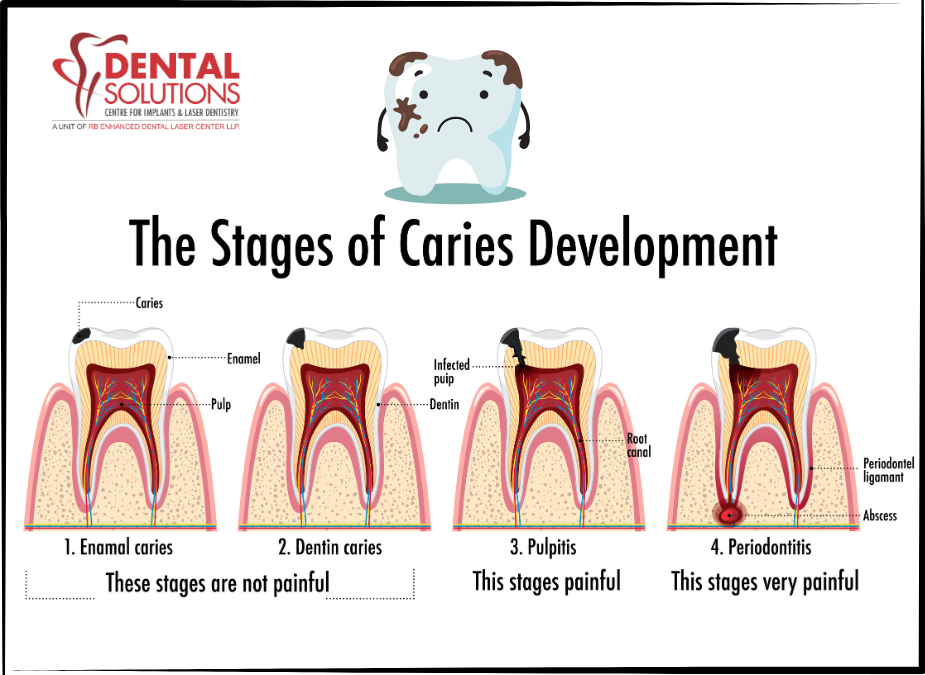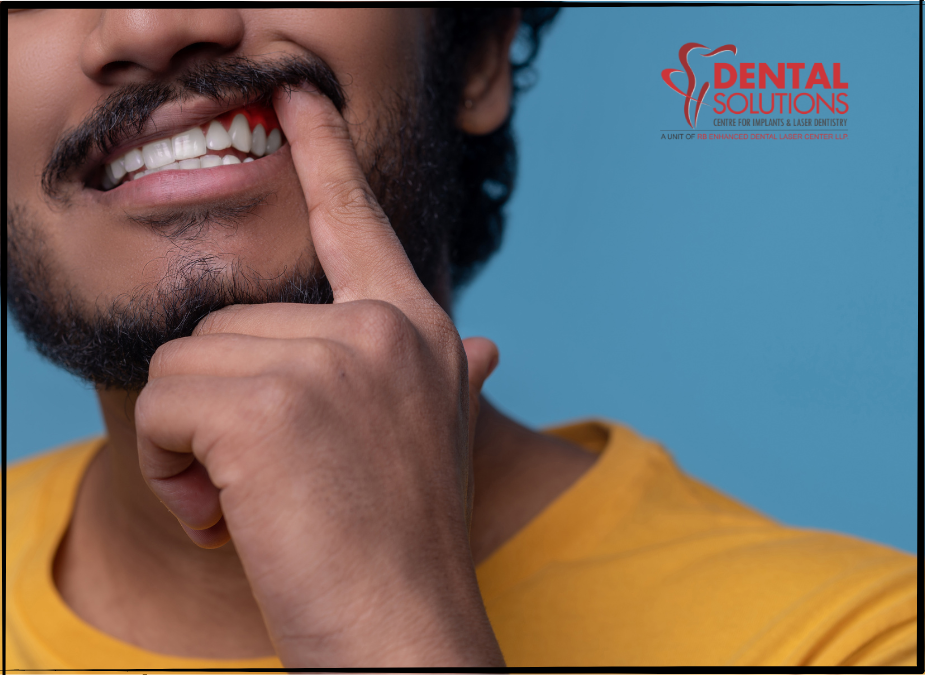- +917892951808
- Indiranagar, Bangalore
Best Dental Clinic In Bangalore Indiranagar | Best Dentist in Bangalore Indiranagar
- Home
- About Us
- Treatments
- Dental Services
- Laser Assisted Treatments
- Endodontic Treatments
- Digital Dentistry
- Invisalign® braces
- LANAP
- WPT
- LANAP vs WPT
- Low Level Laser Therapy
- Dental Bridges
- Dental Crown
- Dentures
- Dental Implants
- Digital Smile Design
- Gentle Ray – Dental Caries-Diagnosis
- Full Mouth Rehabilitation
- Invisible Orthodontics – Clear Path
- Dental Treatment Costs in Bangalore
- Blog
- Contact Us
- Request Appointment
Do I Need to See a Dentist for Swollen Gums?

Swollen gums can range from a minor irritation to a more serious issue that requires immediate attention. It's important to understand the underlying cause of your gum swelling to determine whether or not you should see a dentist. Here, we will explore the common causes of swollen gums, potential treatment options, and when it's necessary to seek Best Periodontist in Bangalore.
Understanding Swollen Gums
Your gums, also known as gingiva, are the pink tissue that surrounds and supports your teeth. They are composed of thick, fibrous tissue with numerous blood vessels. When your gums become swollen, they may appear thicker or bulge slightly in your mouth. Swollen gums can also cause changes in the appearance of your teeth, such as hiding part of the tooth.
In addition to the visual changes, swollen gums may exhibit other symptoms. They may appear red instead of their usual pink color, and you may experience sensitivity, irritation, or even pain. Bleeding gums can also occur, especially when you brush or floss your teeth vigorously.
Common Causes of Swollen Gums
Swollen gums can be caused by various factors, ranging from poor oral hygiene to underlying health conditions. Here are some common causes of gum swelling:
- Gingivitis
Gingivitis is the most common cause of swollen gums. It is a mild form of gum disease characterized by inflammation and irritation of the gums. Plaque buildup on the teeth and gums can lead to bacterial infection and subsequent swelling. If left untreated, gingivitis can progress to a more severe form of gum disease called periodontitis.

Maintaining good oral hygiene, including regular brushing and flossing, is crucial in preventing and treating gingivitis. If you suspect that you have gingivitis, it's important to make an appointment with a dentist for a proper diagnosis and treatment.
- Pregnancy
Pregnancy can also cause swollen gums due to hormonal changes in the body. Increased blood flow to the gums can lead to easy irritation and bleeding. Hormonal changes during pregnancy can also make it more difficult for the body to fight off oral bacteria, increasing the risk of infections and gingivitis.
If you are pregnant and experiencing swollen gums, it's essential to maintain good oral hygiene and schedule regular dental check-ups to monitor your gum health.
- Nutritional Deficiencies
Certain vitamin deficiencies, such as a lack of vitamin C or vitamin B, can contribute to gum swelling. Vitamin C is essential for gum and teeth health, as it aids in repair and maintenance. A deficiency in vitamin C can lead to conditions like scurvy, which can cause swollen and bleeding gums.
Malnutrition, especially among older adults, can make individuals more susceptible to gum swelling due to vitamin deficiencies. Incorporating a well-balanced diet and considering multivitamin supplements can help prevent nutritional deficiencies and support gum health.
- Infections
Infections in the gums can cause swelling and discomfort. One common infection is an abscessed tooth, which can lead to localized gum swelling. Gum infections can also be a result of conditions like herpes or thrush, where the natural balance of microorganisms in the mouth is disrupted.
If you suspect that you have a gum infection, it's important to seek dental care as soon as possible. Depending on the severity of the infection, treatment may involve draining the abscess, taking antibiotics, or undergoing a root canal procedure.
- Poor Oral Hygiene
Inadequate oral hygiene practices, such as infrequent brushing and flossing, can contribute to gum swelling. When plaque, a sticky film of bacteria, accumulates on the teeth and gums, it can lead to inflammation and infection. Over time, plaque can harden into tartar, which requires professional dental cleaning to remove.
Improving your oral hygiene routine, including regular brushing and flossing, can help prevent plaque buildup and reduce the risk of gum swelling.
When to See a Dentist
While some cases of swollen gums can be managed at home with improved oral hygiene, there are situations where it's crucial to seek professional dental care. Here are some signs that indicate you should see a dentist:

- Persistent swelling: If your gum swelling persists for more than a few days despite home care, it's important to schedule a dental appointment. Persistent swelling may indicate an underlying issue that requires professional treatment.
- Severe pain or discomfort: If your swollen gums are accompanied by severe pain or discomfort, it may be a sign of an infection or a more advanced gum disease. Prompt dental care is necessary to address the underlying cause and alleviate the pain.
- Localized swelling or abscess: If you notice a bulging pocket in your gums, experience a “pop” followed by a terrible taste in your mouth, or have swelling in only one part of your mouth without an apparent cause, it may indicate an abscessed tooth or a localized gum infection. Immediate dental attention is required to drain the abscess and prevent further complications.
- Systemic symptoms: If your gum swelling is accompanied by a fever or a general feeling of being unwell, it may indicate a more serious infection. Seeking prompt dental care can help prevent the infection from spreading to other parts of the body.
- Swelling persists for several weeks: If your gums remain swollen for an extended period, even without symptoms of infection, it's important to consult a dentist. Prolonged gum swelling may be a sign of an underlying condition that requires evaluation and treatment.
Treatment
The treatment for swollen gums depends on the underlying cause and severity of the condition. Here are some treatment options that can help alleviate gum swelling:
- Professional Dental Care
If your gum swelling is caused by gum disease, a dentist may recommend procedures such as scaling and root planing. These deep cleaning techniques remove plaque and tartar from the teeth and gums, allowing the gums to heal.
In cases of severe gum disease, surgery may be necessary to address the underlying issues and restore gum health. This may involve procedures like gum grafting or pocket reduction surgery.
- laser Pocket Sterilization
Laser-assisted procedures in dentistry, such as laser-assisted periodontal therapy, are used to address conditions like gum disease. These procedures aim to remove or reduce bacteria and infected tissue, promoting healing and reducing inflammation.
If you are considering laser pocket sterilization for swollen gums, it's essential to consult with a qualified dentist or periodontist who can assess your specific condition and recommend appropriate treatment options.
- Medications
In some cases, a dentist may prescribe medications to treat gum swelling. Antibiotics may be prescribed to combat bacterial infections in the gums. Antiseptic mouthwashes or gels can also be used to reduce inflammation and promote healing.
- Saltwater Rinse
A saltwater rinse can help reduce inflammation and promote healing in the gums. Dissolve a teaspoon of salt in a cup of warm water and swish the solution in your mouth for about 30 seconds before spitting it out. Repeat this rinse several times a day to alleviate gum swelling.
- Good Oral Hygiene Practices
Maintaining proper oral hygiene is crucial in preventing and managing gum swelling. Brush your teeth at least twice a day using a soft-bristled toothbrush and fluoride toothpaste. Floss daily to remove plaque and food particles from between your teeth.
In addition to brushing and flossing, using an antiseptic mouthwash can help reduce bacteria in the mouth and promote gum health. Be sure to choose a mouthwash that is alcohol-free to avoid further irritation.
- Nutritional Supplements
If your gum swelling is due to a vitamin deficiency, your dentist may recommend nutritional supplements. Vitamin C and vitamin B are essential for gum health, and supplementing with these vitamins can help reduce inflammation and promote gum healing.
It's important to consult with your dentist or healthcare provider before starting any new supplements to ensure proper dosage and suitability for your specific needs.
Prevention Tips
Preventing gum swelling begins with maintaining good oral hygiene and adopting healthy habits. Here are some tips to help prevent gum issues:
- Brush your teeth at least twice a day with a fluoride toothpaste and a soft-bristled toothbrush. Be sure to brush along the gumline to remove plaque buildup.
- Floss daily to remove plaque and food particles from between your teeth and along the gumline.
- Schedule regular dental check-ups and cleanings to monitor your oral health and address any issues in their early stages.
- Maintain a balanced diet rich in fruits and vegetables to ensure proper nutrition for your gums and overall oral health.
- Avoid smoking or using tobacco products, as they can contribute to gum disease and other oral health problems.
- Limit your consumption of sugary foods and drinks, as they can contribute to plaque buildup and increase the risk of gum disease.
- Manage stress levels, as chronic stress can affect your immune system and increase the risk of gum problems.
By following these preventive measures and seeking prompt dental care when needed, you can maintain healthy gums and reduce the risk of gum swelling and related complications.

Conclusion
Swollen gums can be a sign of an underlying issue, such as gum disease, infection, or nutritional deficiencies. It's important to pay attention to your oral health and seek professional dental care if you experience persistent gum swelling, severe pain, or other concerning symptoms.
Maintaining good oral hygiene, scheduling regular dental check-ups, and adopting healthy habits can help prevent gum swelling and promote overall gum health. If you're unsure about the cause of your swollen gums or need guidance on treatment options, consult with Dr. Ramya DS who can provide a proper diagnosis and develop an appropriate treatment plan tailored to your needs.
